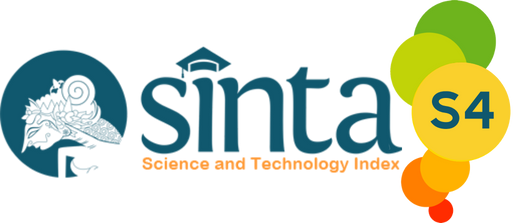Analysis of the Achievement of Program Learning Outcomes Based on an Outcome-Based Education Curriculum
DOI:
https://doi.org/10.33369/ijier.v3i1.34389Abstract
The curriculum, a set of plans and arrangements for learning outcomes, study materials, processes, and assessments, serves as a guide for implementing study programs. The Outcome Based Education (OBE) curriculum has been adopted at the higher education level to keep pace with rapid technological developments. Program Learning Outcomes (PLOs) are designed to articulate learning objectives into measurable and assessable statements using OBE principles. The results of PLO evaluations can be used to enhance PLO standards or quality performance and for accreditation purposes. Syarif Hidayatullah State Islamic University Jakarta has implemented the OBE curriculum in study programs in a significant stride towards international accreditation. This research, conducted using a quantitative research method, aims to analyze the achievement of the PLOs established by the Bachelor of Mathematics Study Program, Faculty of Science and Technology, Syarif Hidayatullah State Islamic University Jakarta. The research method involves measuring the achievement of PLOs by analyzing student grades and providing a comprehensive and objective assessment of the PLOs established by the Bachelor of Mathematics Program. The achievement of PLOs in the Bachelor of Mathematics Study Program, Faculty of Science and Technology, Syarif Hidayatullah State Islamic University Jakarta, is a significant 85.11%.
Downloads
Published
How to Cite
Issue
Section
License

This work is licensed under a Creative Commons Attribution-ShareAlike 4.0 International License.

Ciptaan disebarluaskan di bawah Lisensi Creative Commons Atribusi-BerbagiSerupa 4.0 Internasional.








